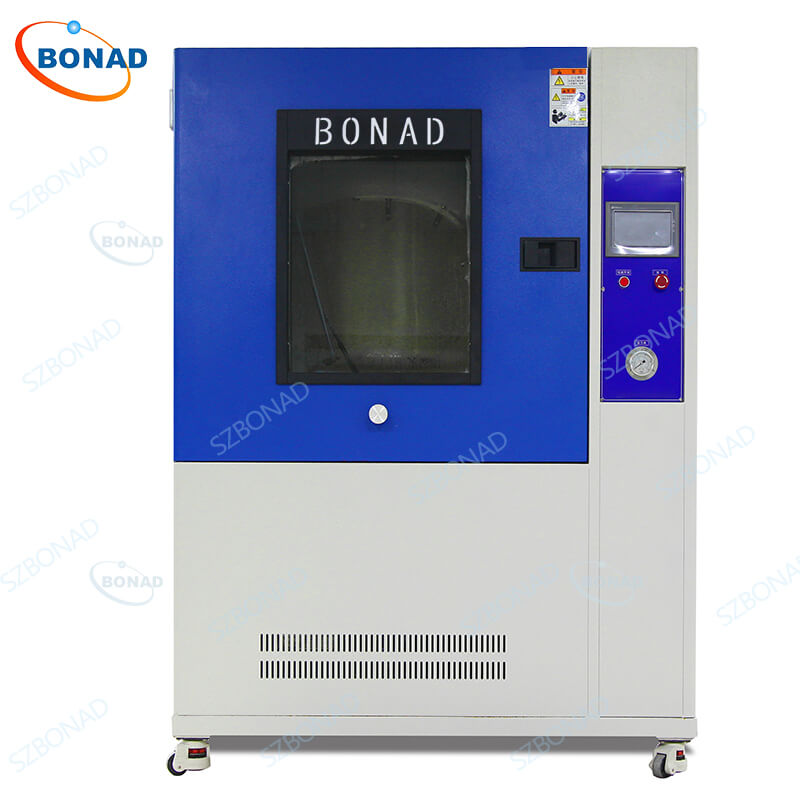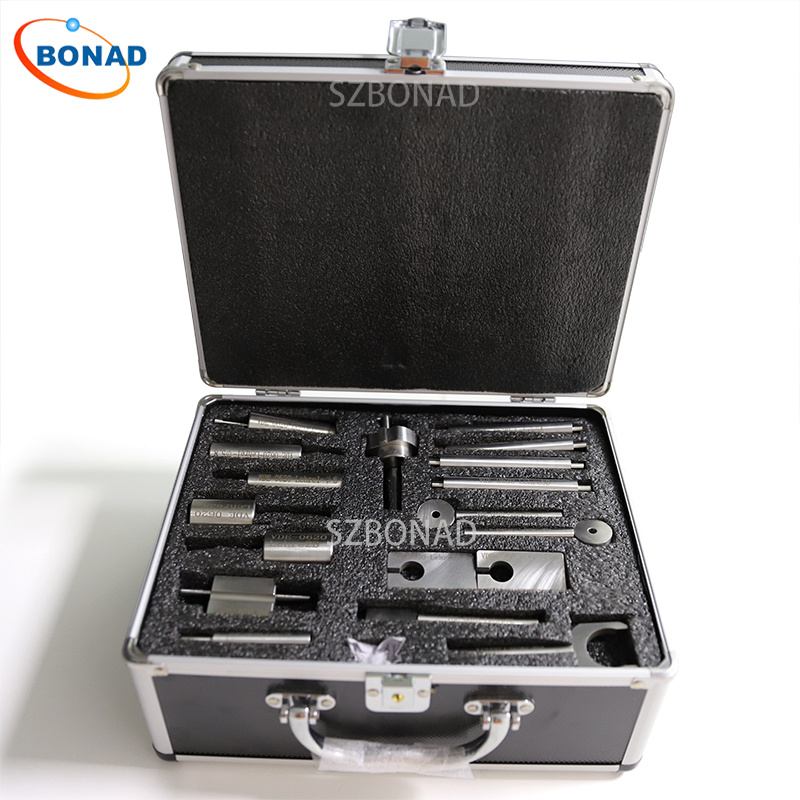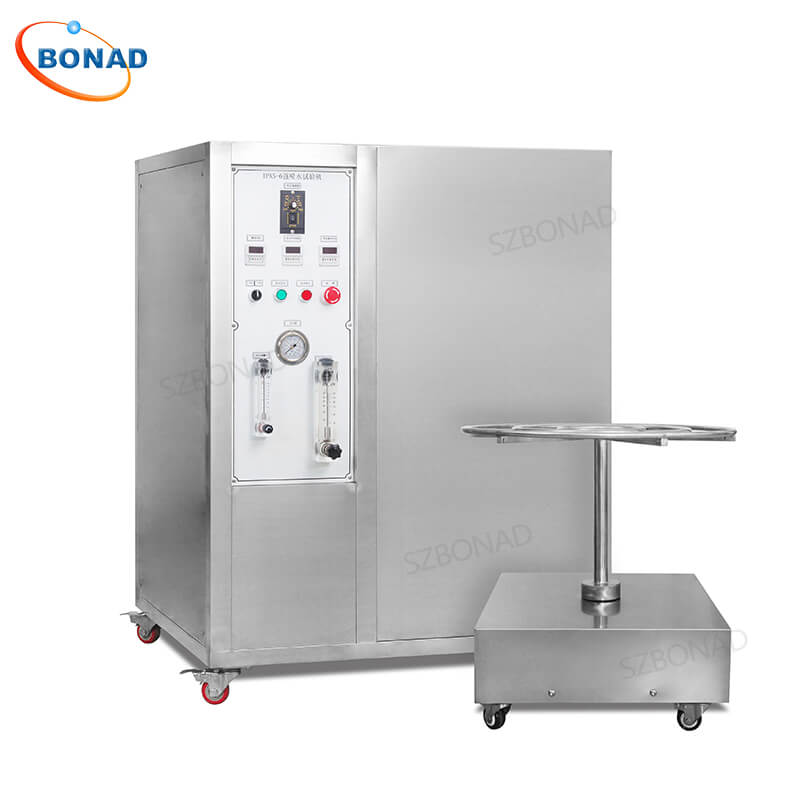What is the IPX9K Test Standard?
The IPX9K test standard evaluates product resilience against high-pressure, high-temperature water jets—critical for automotive, military, and industrial equipment. Certified products withstand 100 bar (1450 psi) water at 80°C (176°F), ensuring functionality in extreme environments like industrial cleaning or battlefield conditions. Governed by IEC standards, this rating is the pinnacle of water ingress protection.
Decoding “IPX9K”: What Does It Mean?
Part of the IEC’s Ingress Protection (IP) code, IPX9K certifies defense against close-range, high-temperature water spray. Key test parameters include:
- Pressure: 80–100 bar (1450 psi)
- Temperature: 80°C (176°F)
- Angles: 0°, 30°, 60°, and 90° for 30 seconds each
- Coverage: Multi-directional jets via rotating test platform
Why IPX9K Certification Matters
1. Automotive Industry
Critical for sensors, lighting, and underbody components exposed to automated car washes or road debris.
2. Military & Defense
Ensures communication devices, weapon systems, and protective gear operate in monsoons or decontamination cycles.
3. Industrial Equipment
Protects control panels, machinery, and sensors in factories where high-pressure cleaning is routine.
How IPX9K Testing Works
Products undergo rigorous spraying in a specialized IPX9K test chamber:
- Mounted on a rotating platform.
- Sprayed at 100 bar/80°C from four angles.
- Each angle tested for 30 seconds.
Result: Certification confirms zero water ingress under extreme conditions.
3 Key Benefits of IPX9K Certification
- Reliability: Reduces failure rates in harsh environments.
- Compliance: Meets global standards (IEC 60529) for automotive/military markets.
- Brand Trust: Signals durability, boosting customer loyalty.
Conclusion: Beyond Basic Water Resistance
IPX9K isn’t just another IP rating—it’s survival certification for extreme conditions. From vehicle sensors to combat gear, it guarantees performance when water, pressure, and heat converge.



